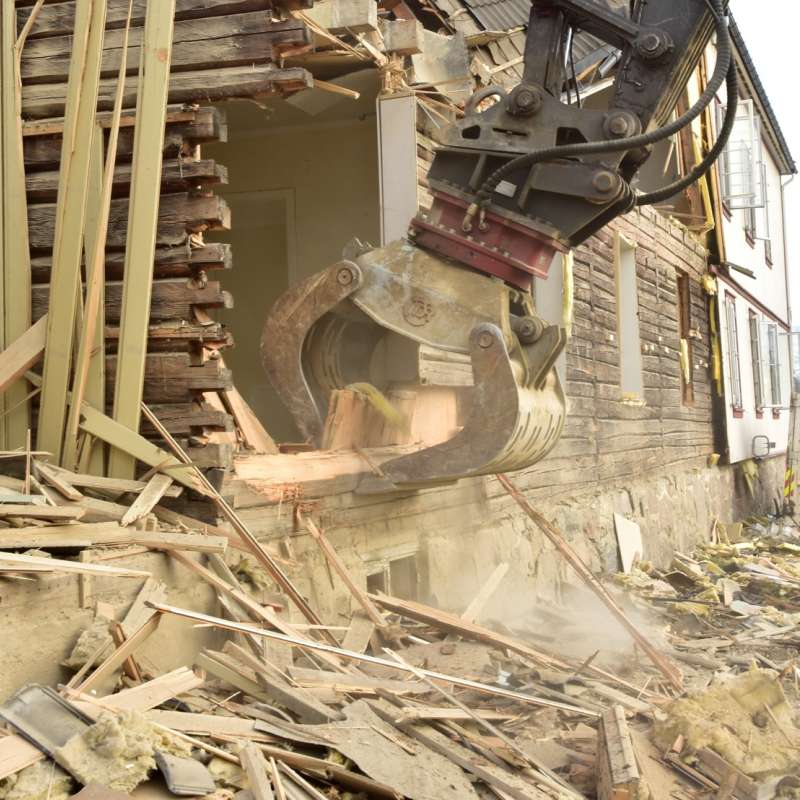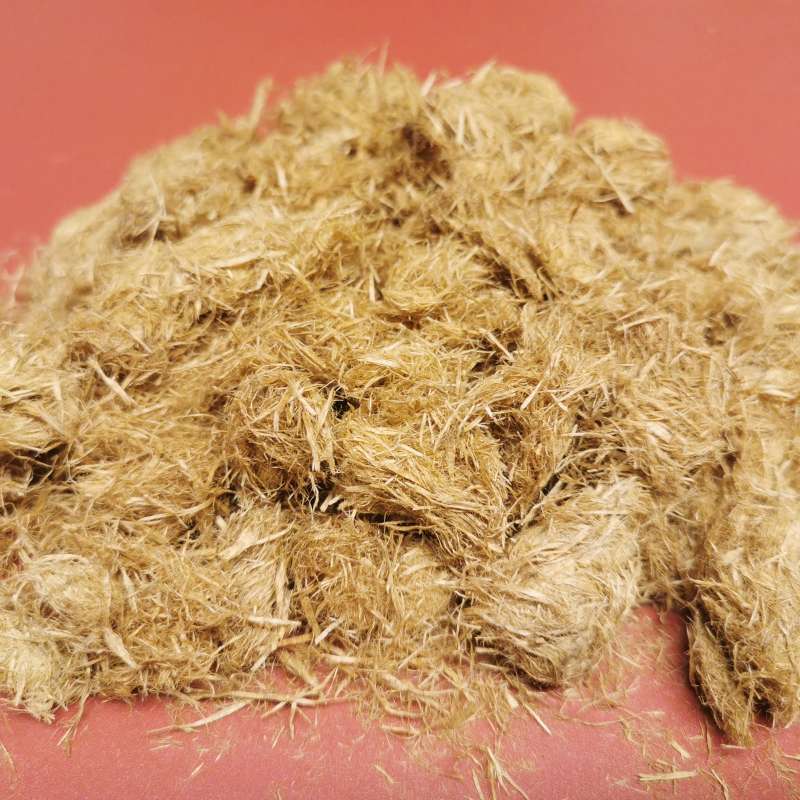Erik Larnøy
Seniorforsker
Forfattere
Erik Larnøy Andreas Treu Manon Diraison Mathias Smith Anaël Audouin Peer Thorben Lewandowski Johan BiørnstadSammendrag
Det er ikke registrert sammendrag
Sammendrag
Det er ikke registrert sammendrag
Sammendrag
Det er ikke registrert sammendrag

Divisjon for skog og utmark
Sirkulær bruk av tre for økt bærekraft og innovasjon (CircWOOD)
CircWOOD skal undersøke aspekter ved trebruk i den norske økonomien, med særlig vekt på ombruk av returtre i byggeprosjekter, og returtre som råstoff i dagens treindustri.

Divisjon for skog og utmark
Circular use of wood for increased sustainability and innovation (circWOOD)
circWOOD will investigate aspects of wood use in the Norwegian economy, with particular emphasis on the reuse of wood in construction projects, and recycled wood as raw material in today's wood industry.

